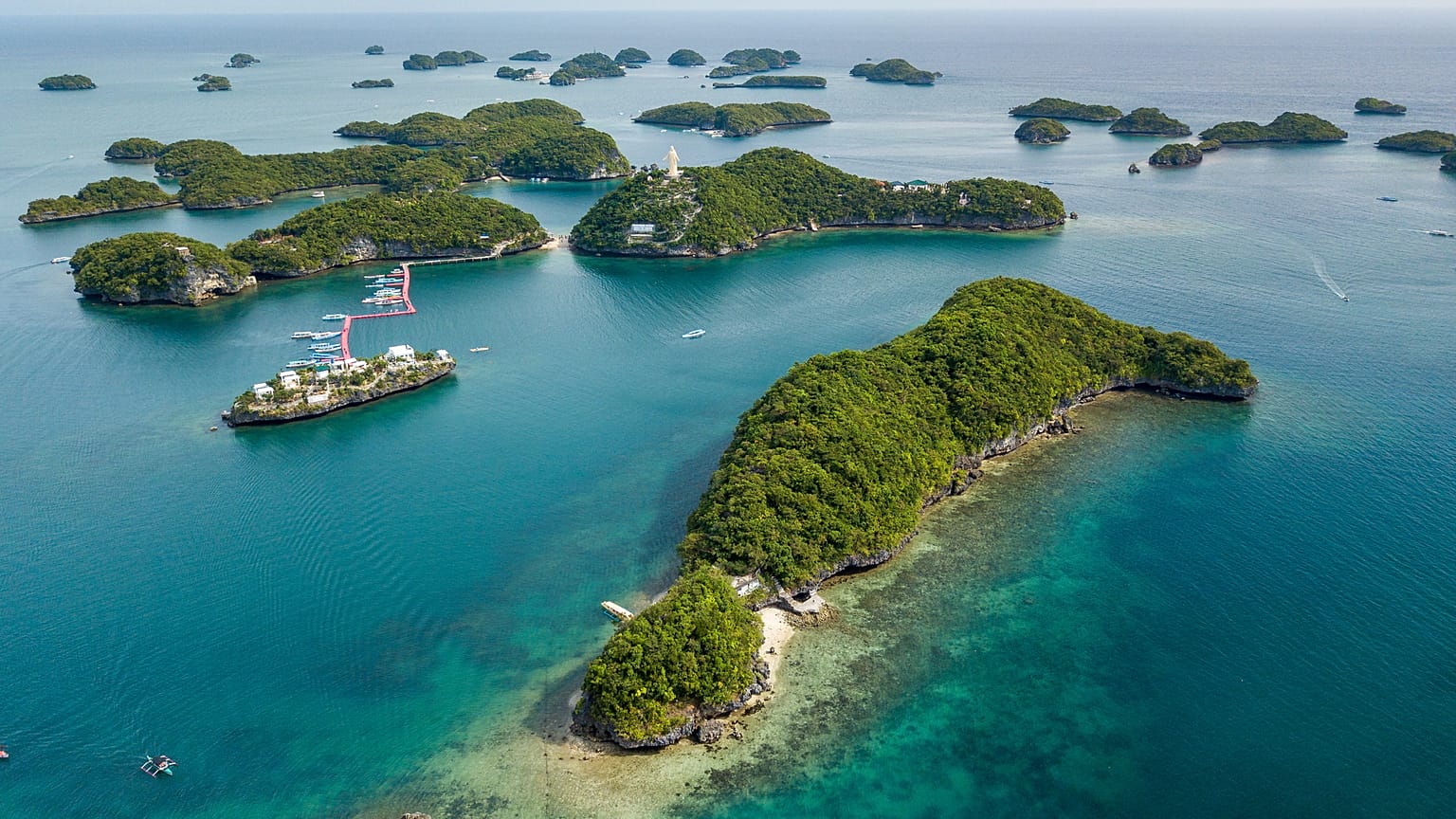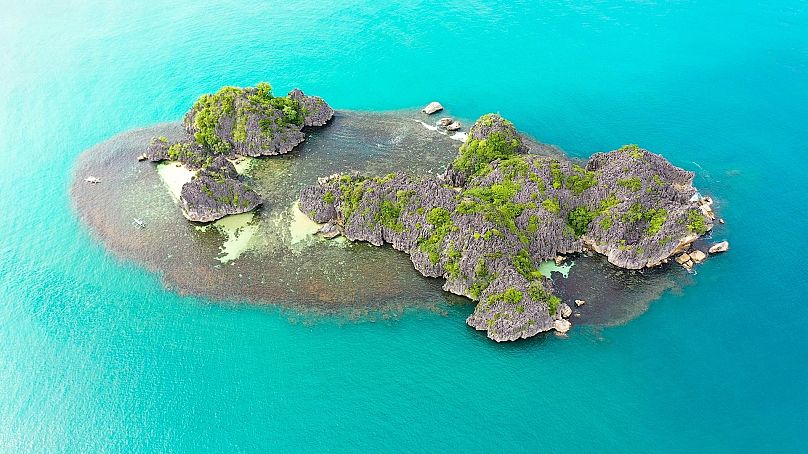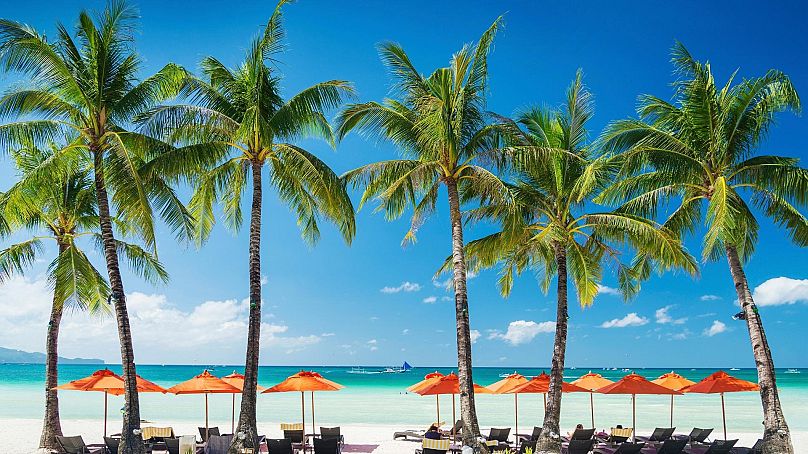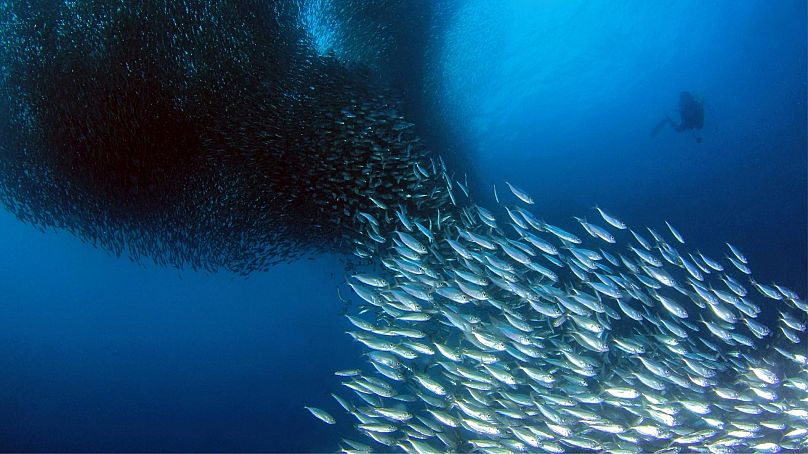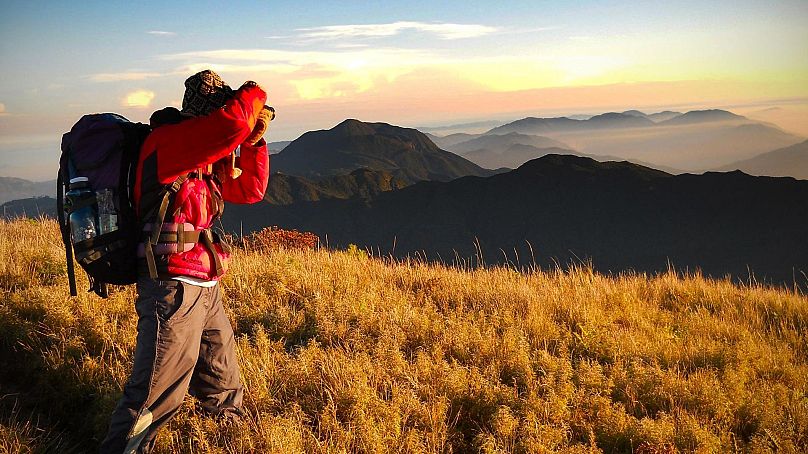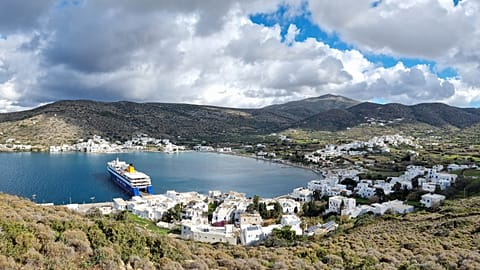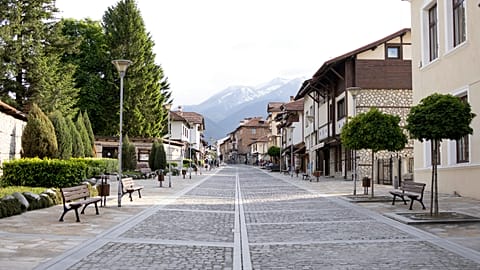Here's why you should visit the Southeast Asian archipelago with the world's best diving.
You won’t find many more naturally diverse countries than the Philippines. Made up of a whopping 7,641 islands, the southeast Asian archipelago sits near the equator in the Pacific Ocean.
 ADVERTISEMENT
ADVERTISEMENT
 ADVERTISEMENT
ADVERTISEMENT
Blessed with sublime sunshine and unique landscapes, around 2,000 of the islands are inhabited, with Luzon, the largest and northernmost island home to the Filipino capital of Manila.
New data from the KAYAK summer travel report shows that Manila is the most searched for destination for this summer.
The islands reopened to fully vaccinated tourists from visa-free countries on 10 February 2022. Visa-free travel is now possible if you are staying for less than 30 days - you can see the full list of visa-free countries here.
“The Philippines has been one of the most conservative countries in the world in terms of its COVID-19 protections,” said Gerard Panga, the Philippines tourism spokesperson to the UK.
“For over a year we have been preparing the destinations to make sure they are compliant with global standards in terms of health and safety protections.”
So where should you visit when you get there?
A remote island famous for filming
The country’s stringent measures have meant it has been able to host some unique events, despite the pandemic.
“Even during the height of COVID-19 infection cases, we had the Survivor TV group from Israel. More than 100 people, the cast and crew of Survivor TV went to this remote island in Caramoan,” says Panga.
Once described as a ‘hidden island’, the TV blockbuster is now so globally famous that the island is well known to travellers, though still difficult to reach.
Isolated from the main Caramoan Peninsula, you may need to take several buses and boats to reach it.
Despite the isolation of some of its islands, the Philippines has suffered from overtourism in the past too.
But special measures have meant that one of its most famous destinations, Boracay Island, has been able to transform itself for the better.
Boracay Island
Awarded the title of the ‘second most instagrammable place in the world’ by Big 7 Travel and labelled the best island in the world by Travel+Leisure in 2012, global popularity soon overwhelmed Boracay.
After gaining a reputation as a 24/7 party island, the authorities declared the closure of the 10.32km islet to holidaymakers to give the ecosystem (and the locals) a chance to recover.
“Now on the beach we don’t allow anymore smoking, drinking, loud parties or loud music, so it’s become a haven for relaxation, honeymooners, families, for communing with nature,” says Panga.
“We had to remove all the structures within the shoreline, so now it's all wild, the water is clear.”
Moalboal on Cebu island
If you’d rather have an adventure than lounge on the beach all day, there are plenty of activities for the wild at heart in the Philippines.
If underwater sports are your thing, then how about swimming with millions of sardines?
The sardine run in the beachside town of Moalboal on Cebu island offers divers a truly unique experience.
Head to Panagsama beach at practically any time of year (though you’ll have a clearer view if you avoid the rainy season from June to October) and you’ll be able to swim with this incredible shoal of fish.
The sardines rise close to the water’s surface to feed on plankton, so even snorkelers can enjoy the silver flashes of the swaying sardines.
“The underwater treasures of the Philippines are really beyond compare, in fact we are Asia’s diving capital,” says Panga.
“According to the WTA (World Travel Awards) in the last three years, 2019 to 2021, we have been voted the world’s leading diving destination.”
The island of Mindanao
For something a little less fishy, hiking is a great way to explore the Philippines’ sprawling environment.
The country has 3,134 mountains to its name, with the highest being Mount Apo on the island of Mindanao.
You don’t need to climb the highest mountain to get your hiking fix though. Mount Pulag is a great place for seasoned and less experienced (but not beginner) hikers, as it offers a variety of trails to suit a range of abilities.
Popular with backpackers due to the stunning ‘cloud sea’ views from the top of the peak, it’s also a great place to watch the sunrise. Do come fully prepared though, as temperatures on the mountainside can drop to -5°C and depending on which trail you take, the hike can take between seven hours or a few days.














